Hydrogen Cars Will Soon Cost the Same as EVs, Toyota Says

The cost of a hydrogen-powered vehicle will be roughly on par with that of an electric or hybrid vehicle by 2025, Toyota believes.
The Japanese automaker has been an outspoken proponent of hydrogen-powered passenger and commercial vehicles. It currently sells the hydrogen-powered Mirai in the US at price of $57,400 – but eats a cost of up to $100,000 on each one sold. However when Toyota rolls out its second-generation of fuel cell tech, the cost of buying, owning and operating a fuel cell vehicle will be on par with EVs and hybrids, it claims.
“In the early 2020s we will launch the next generation hydrogen fuel stack technology, and that will provide a substantial move forward,” Naomichi Hata, head of new business planning at Toyota, told Autocar in a recent interview. “Today production of the Mirai is limited to 3000 cars a year, but by 2025 we expect that figure to be ten times higher.”
“As a result of these gains we expect – in Japan at least – the same car type to cost the same price whether it is a hybrid or powered by hydrogen.”
SEE ALSO: Toyota has no Plans of Sharing its Game-Changing EV Batteries
Hydrogen may be a feasible alternative to EVs and fossil fuels in Japan, but unfortunately, that’s not the case in the US. The only state where you can really get around on hydrogen is California, which has a piddling total of 25 hydrogen fueling stations. Almost all of those are in the Bay Area and the Los Angeles Metro region, so if you’re not a so-called ‘urbanite’ you’re fuel cell vehicle will also be of little use.
For now, hydrogen faces a fueling infrastructure problem. If automakers can sell consumers on the idea and hydrogen fuel stations become more widespread, many of us may be buzzing along in hydrogen-powered passenger cars by 2025. That would solve the two biggest issues with EVs: charge time and range. Just don’t style our hydrogen cars after the Fine Comfort Ride concept, okay Toyota?
[Source: Autocar]
Discuss this story on our Toyota forum.

Sam McEachern holds a diploma in journalism from St. Clair College in Windsor, Ontario, and has been covering the automotive industry for over 5 years. He conducts reviews and writes AutoGuide's news content. He's a die-hard motorsports fan with a passion for performance cars of all sorts.
More by Sam McEachern



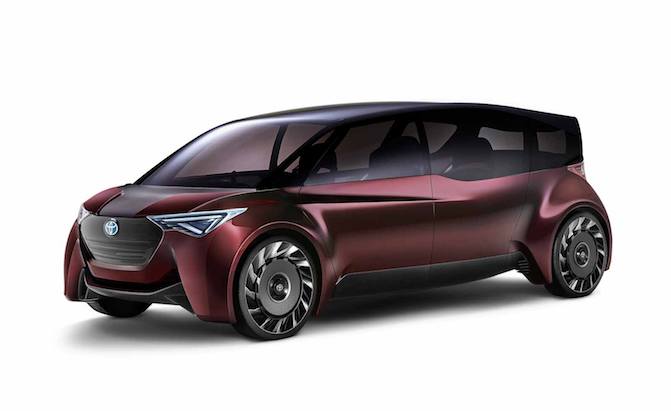




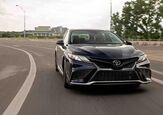





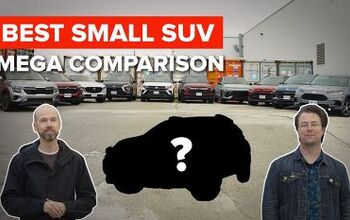
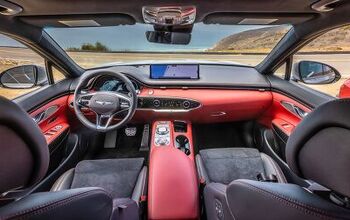



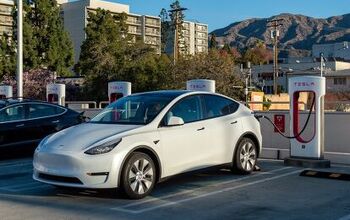
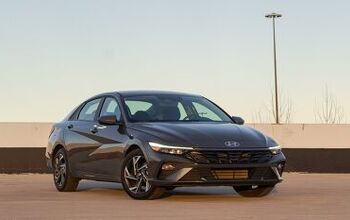
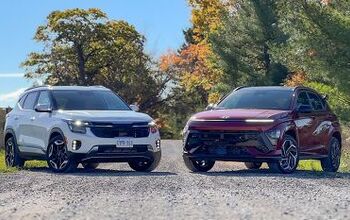
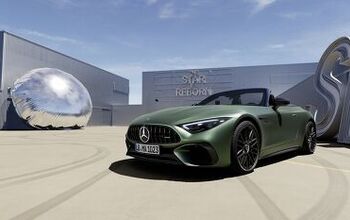
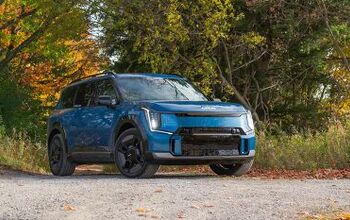


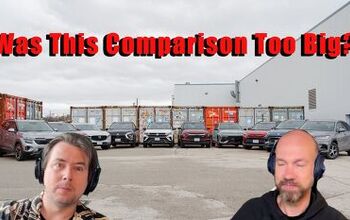

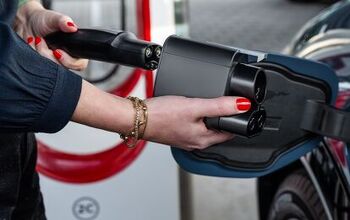

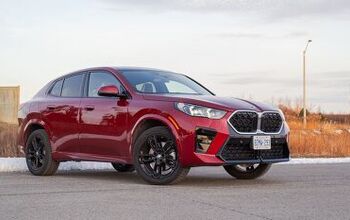

Comments
Join the conversation
Current "retail" station count in California is 31 (not 25) plus another three for fleets, plus a couple more for research use. Coverage is decent from San Diego to Reno. This is probably 10M people who have two or more stations within 10 miles. The issue now is not the location of the stations, but as more cars get on the road, the capacity of some of the busy ones needs to improve. The next 16 are also announced and the time to build is getting shorter. 8 of the next 16 are from Shell.
Even if Toyota does manage to get a HFCV price competitive to BEVs (unlikely) and somehow match the performance of BEVs (even more unlikely) they will still be severely hobbled by the lack of refueling facilities and the high price of hydrogen fuel. Hydrogen has a far higher per-mile fuel cost than driving electric, and always will.